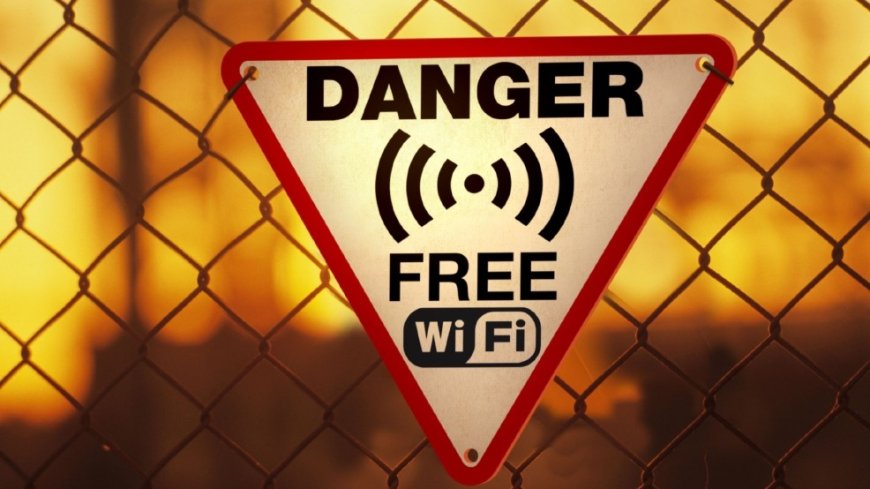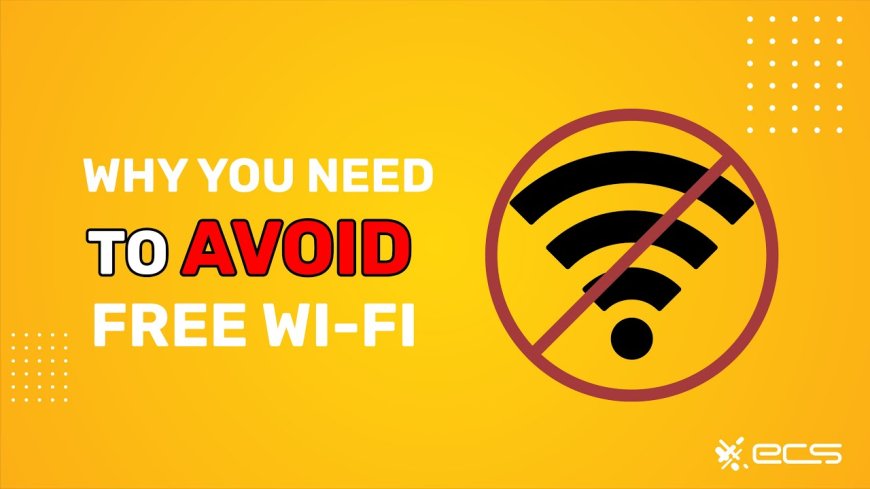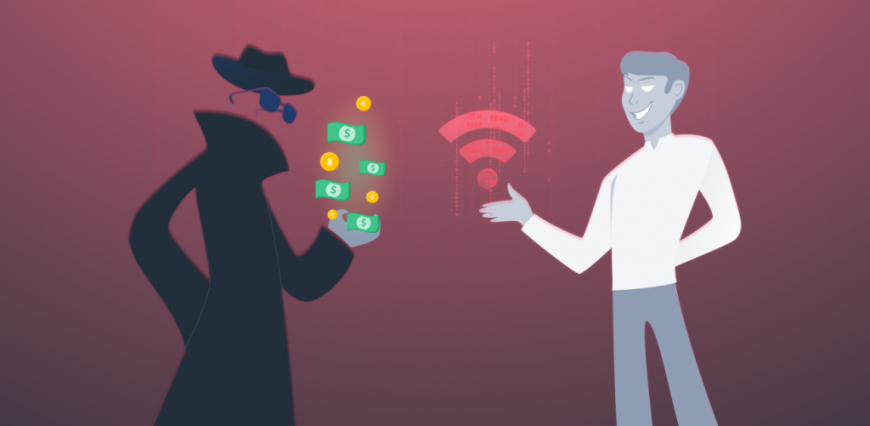When ‘Free’ Wi-Fi Comes at a Price: How Data Privacy is Being Compromised in India
Public Wi-Fi networks in India may seem like a blessing, but they come with hidden risks. Discover how your personal data is being compromised when you connect to 'free' Wi-Fi, and learn tips to protect your privacy.

We’ve all been there—sitting in a cozy café, waiting for your cappuccino, and as soon as you take out your phone, there it is: the tempting pop-up notification offering "Free Wi-Fi". But hold on a second. Is it really free? And what’s the catch? If you’re using free Wi-Fi in India, the catch could very well be your personal data.
The Temptation of "Free" Wi-Fi

Let’s be honest. We’ve all become free Wi-Fi junkies. From local parks to malls, and even airports, free Wi-Fi is available at nearly every corner, and we just can't resist the allure. It feels like the gift that keeps on giving. But in reality, nothing is free. If you’re not paying for Wi-Fi, you might be paying for it in ways you can’t even begin to imagine.
The Fine Print
When you connect to that "Free Wi-Fi" network, you’re usually asked to log in or agree to terms and conditions. But let’s face it—who reads those? Most of us just tap "Accept" because, honestly, we need that internet for our Instagram post or that essential WhatsApp message. What we don’t realize is that this quick agreement might be granting the network provider full access to our personal data—everything from your browsing history to your email address, location, and sometimes even passwords.
And while you're distracted by the ease of streaming your latest Netflix binge or checking memes, the Wi-Fi network is quietly building a digital footprint of you. Sneaky, right?
A Tale of Two Phones
Let’s rewind a few weeks. I was at a local café—one of those trendy spots with indoor plants and mismatched chairs. The Wi-Fi password was written on a cute chalkboard, and with a simple tap on my phone, I was connected.
A few minutes later, my phone buzzed. A notification popped up: "Would you like to subscribe to our newsletter?" I laughed it off—what did they know about me, right?
But just for fun, I decided to Google the café later that day. Imagine my surprise when I found an ad for the same café on Facebook! How did that happen?
It didn’t take long to realize the “Free Wi-Fi” had cleverly injected a bit of tracking software that linked my browsing history to my personal information. My data wasn’t just free—it was being sold.
The Creepy Truth About Public Wi-Fi

In today’s world, free Wi-Fi networks are an incredible way for companies to collect huge amounts of data about your online habits. Public Wi-Fi providers often use this information to serve personalized ads, and sometimes, they sell it to third parties. Ever noticed how, after browsing for a flight to Goa on your phone, you’re suddenly bombarded with travel ads for Goa resorts? Creepy, right? But that’s how it works. Your data is their commodity.
The real kicker? Hackers can also use public Wi-Fi as a playground. Using techniques like Man-in-the-Middle attacks, they can intercept your data and steal sensitive information, like banking details or social media accounts. And let's be real—most of us aren’t tech-savvy enough to notice this in the moment. So, while you're browsing memes, someone could be browsing your personal data. Not cool.
The Liberty of Privacy
But it’s not all doom and gloom! There are ways to protect yourself when using public Wi-Fi—if you're careful.
-
Use a VPN (Virtual Private Network): A VPN encrypts your internet traffic, keeping prying eyes away from your personal data. Think of it as putting your browsing in a protective bubble.
-
Avoid logging into accounts: If you're checking Facebook or logging into your bank account on free Wi-Fi, stop. Public networks are not your friend when it comes to secure logins.
-
Turn off sharing settings: If you're sharing your location or files over Wi-Fi, you’re making it easier for others to track you. Turn these features off to keep things private.
-
Watch for fake Wi-Fi networks: Sometimes, hackers create fake Wi-Fi networks with names like “Free_WiFi_Park.” Make sure you're connecting to the official network.
So, Is It Really Free?

We live in a world where privacy is a luxury, and "free" comes at the cost of your personal data. But it doesn’t have to be that way. The next time you connect to a public Wi-Fi network, take a moment to think: “Is this really worth the price?”
Remember, as the old saying goes, nothing in life is free—and that includes Wi-Fi.
What's Your Reaction?




















































